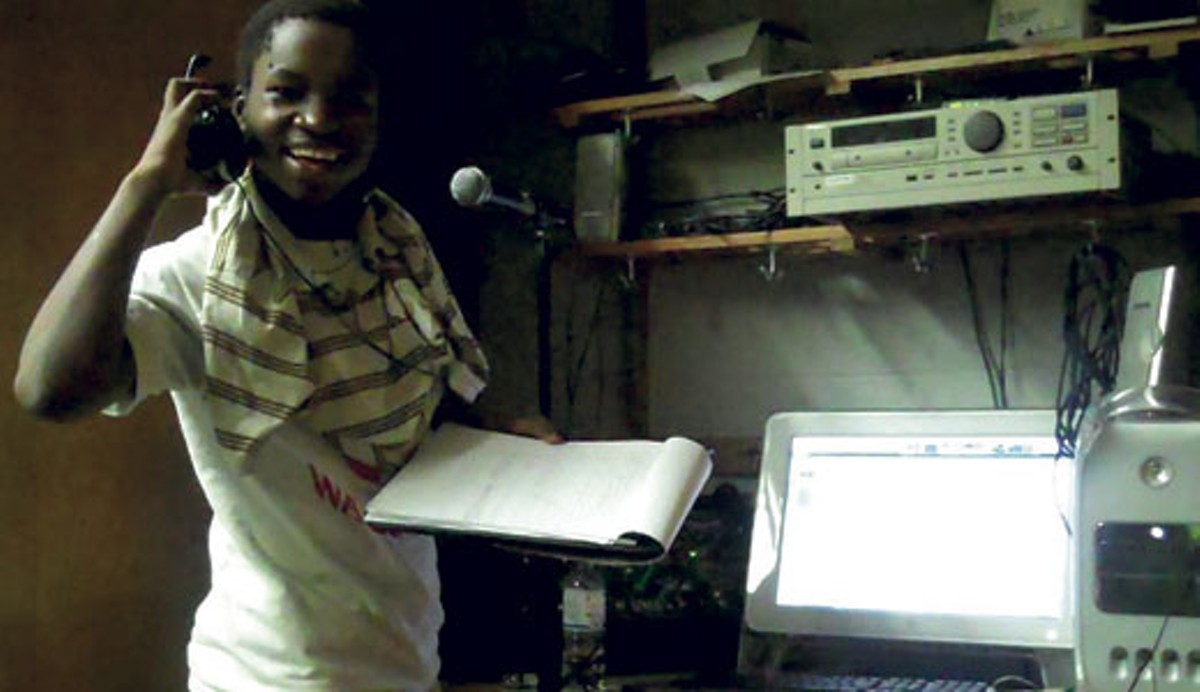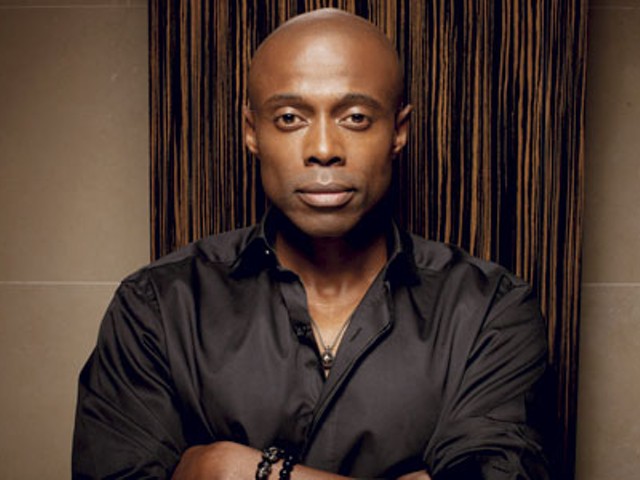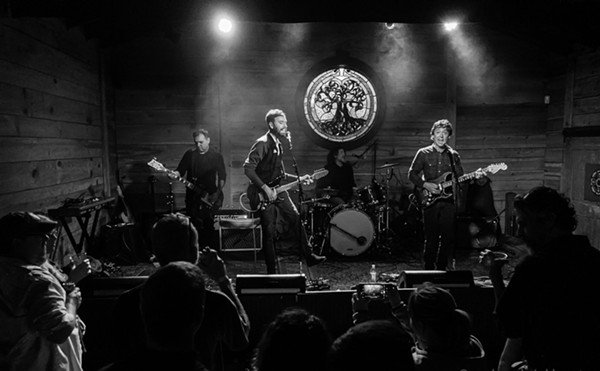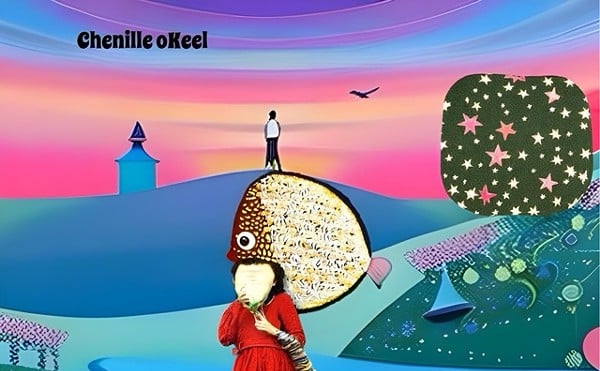Jared Zarantonello is volunteer coordinator and research developer for the Americana Community Center, which provides services to immigrants and refugees. The Bardstown native also deejays, as Yared Sound, every other Wednesday at the Haymarket Whiskey Bar. Zarantonello combines both his occupations in the Americana Digital Music Project, a weekly class where he teaches refugee children how to produce music.
“As people around the world have gained greater access to technology and producing equipment, you’ve had all of these subgenres and different styles kind of pop up,” Zarantonello explains. “They are making hybrids between traditional styles and electronic music. That was my own personal interest, and there were a lot of kids I was working with in the youth program that wanted to be rappers and singers. It started from there.”
The Americana Digital Music Project meets every Tuesday at 3:30 p.m., using donated recording equipment and an old Apple computer. The number of students varies from week to week, but Zarantonello has a handful of regulars who are serious about making music. Lahayiloyi Nijimbere, who goes by the name of Julias, is one of them. The 17-year-old Waggoner High School senior is from Burundi, an East African nation that is one of the poorest countries in the world. Due to ongoing civil strife in Burundi, Julias grew up in refugee camps until his family came to Louisville five years ago as part of a resettlement program.
Julias didn’t know much about American culture before he came to Louisville, but he did know who 50 Cent and Jay-Z were. He saw hip-hop as a venue for expression. Julias raps in English, but also writes religious music, which he sings in his native Kirundi language. He started working with Zarantonello in 2009, when the Americana Digital Music Project began, but their collaboration was interrupted when the volunteer coordinator spent 2010 in Spain.
Before he left, Zarantonello gave Julias a microphone. When he returned, the Burundi teen had written about 20 songs he wanted Zarantonello to record. “I didn’t want him to think I took the microphone just to have it,” Julias said. “I wanted him to know I took it so I could use it.”
One of the songs that Julias and Zarantonello recorded is “My Struggle.” In slow, precise English, Julias relates the feelings of isolation many refugees feel: I’ve got good news and bad news, both of them are mine/God, I’m so confused/When I came from my country I came straight to Louisville/I start to go to school and my life start to move on …
In addition to the Americana Digital Music Project, Zarantonello and his students are working on creating a community radio station, WFOR. They hope to take advantage of the Local Community Radio Act, which allows the Federal Communications Commission to grant low-power FM broadcast licenses to nonprofit organizations. Low-power FM stations can operate at a maximum power of 100 watts and a height of 30 meters, which generally provides solid coverage between a 3- and 10-mile radius. The FCC will accept applications for new low-power FM stations in fall 2013. Until then, Zarantonello will be posting shows on the station’s website, wforradio.org.
“Some of these kids have been through so much that they need an outlet to figure out where they fit in,” Zarantonello says. “I didn’t want to just make tracks for them to rap over. I wanted to show them how to do it so they could have it be a reflection of their personalities.”
The members of the Americana Digital Music Project will perform a culture showcase called “The Youth of Africa” at the Iroquois Branch Library on Saturday. All the music from the Americana Digital Music Project is available at soundcloud.com/Americana-music-project.
Americana Digital Music Project showcase
Saturday, Feb. 16
Iroquois Branch Library
601 W. Woodlawn Ave.
lfpl.org
Free; 1 p.m.






